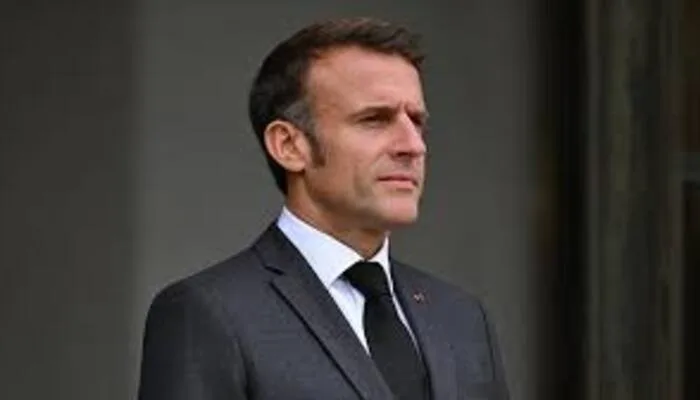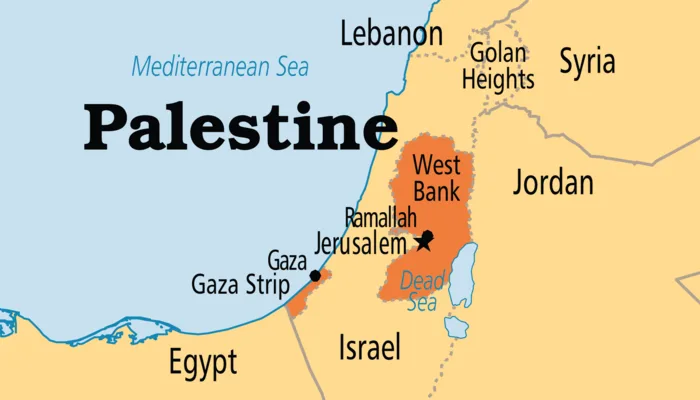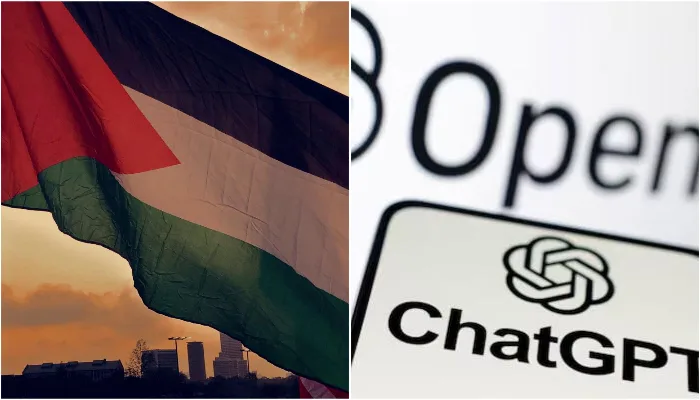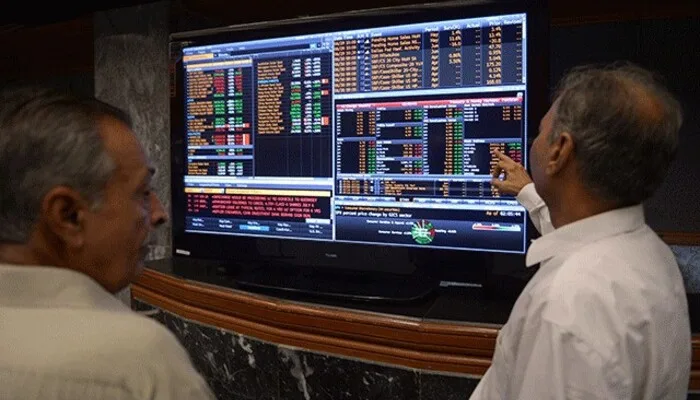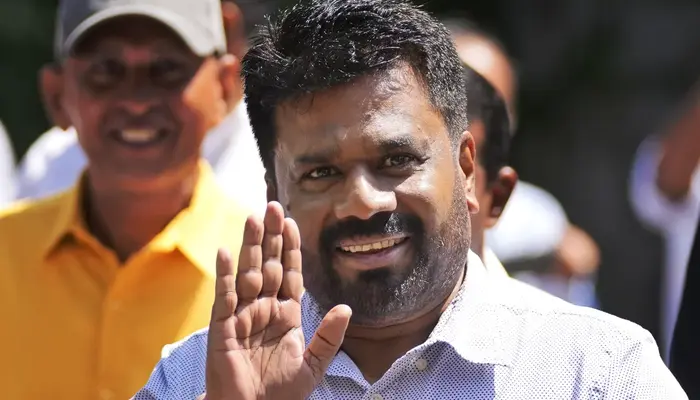
In Sri Lanka’s 2024 parliamentary elections, significant changes are at stake as President Anura Kumara Dissanayake, a Marxist-leaning leader, seeks a supportive parliament to realize his reformist agenda. Following Sri Lanka’s economic collapse in 2022, the public’s demand for change has risen. Dissanayake’s National People’s Power (NPP) party is at the forefront, appealing to voters fed up with traditional political elites.
Why This Election Matters
Dissanayake’s vision includes dismantling the executive presidency, a centralized system criticized for decades as a source of political and economic instability. Unlike previous leaders, Dissanayake vows to decentralize power and has pledged to implement robust anti-corruption policies. His NPP alliance only holds three seats in the current parliament, but with growing popularity, he hopes to secure a strong majority. Polls indicate the NPP is leading, reflecting the country’s desire for systemic change.
Read: Trump and Biden Meet, Pledge Smooth Transition of Power
Election Process and Structure
The Election Commission of Sri Lanka (ECSL) will manage this election, where all 225 parliamentary seats are contested. Of these, 29 are allocated through a national list, with party seats proportional to their vote share. With 17 million registered voters and over 13,000 polling stations nationwide, voter turnout is expected to be significant. Dissanayake needs at least 113 seats for a simple majority, while a two-thirds majority would empower him to amend the constitution.
Issues at Stake
Sri Lanka’s economy is central to the election, as high inflation and austerity measures have strained the population. Former President Ranil Wickremesinghe’s $2.9 billion IMF bailout helped the economy recover but imposed tough conditions, leading to higher living costs. Dissanayake has criticized these policies, advocating for debt restructuring and seeking alternative ways to reduce austerity’s impact on ordinary Sri Lankans. His commitment to providing economic relief has resonated widely.
Political Landscape and Challenges
In the 2020 parliament, the Sri Lanka Podujana Peramuna (SLPP), associated with the Rajapaksa family, held the majority with 145 seats. The Samagi Jana Balawegaya (SJB) followed with 54 seats, while Dissanayake’s NPP had only three. However, the SLPP’s influence has waned due to public frustration with their governance. The NPP now stands as a frontrunner, while the SJB is projected to remain the primary opposition.
Key Considerations for Success
Ethnic minority support is crucial for Dissanayake’s coalition, especially from Tamil, Muslim, and other communities who historically influence election outcomes. Despite Dissanayake’s past alignment with the Rajapaksa government, his recent support for working-class citizens may help bridge gaps with minority voters. Analysts say that a parliamentary win for the NPP would solidify the public’s demand for new policies that focus on economic fairness, anti-corruption, and structural reform.
Anticipated Results
Election results are expected within two days post-voting, and observers anticipate an NPP victory. However, achieving the two-thirds majority required for constitutional reform remains uncertain. Success will determine whether Dissanayake’s administration can enact lasting changes and establish a governance model more responsive to citizens’ needs.
This election marks a pivotal moment for Sri Lanka, where voters will decide between sustaining traditional leadership or embracing reformist ideals led by President Dissanayake.
Follow us on Google News, Instagram, YouTube, Facebook,Whats App, and TikTok for latest updates




